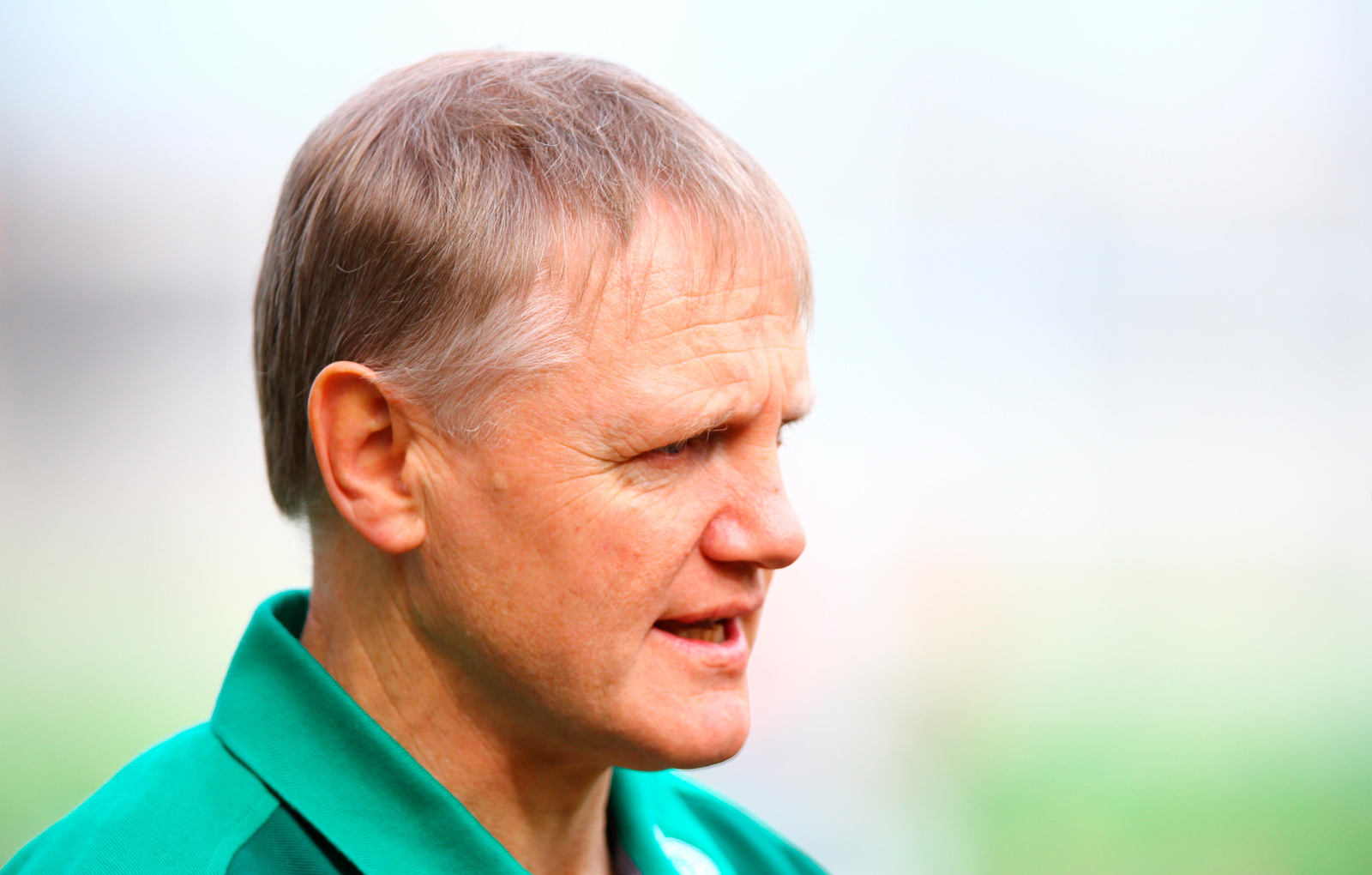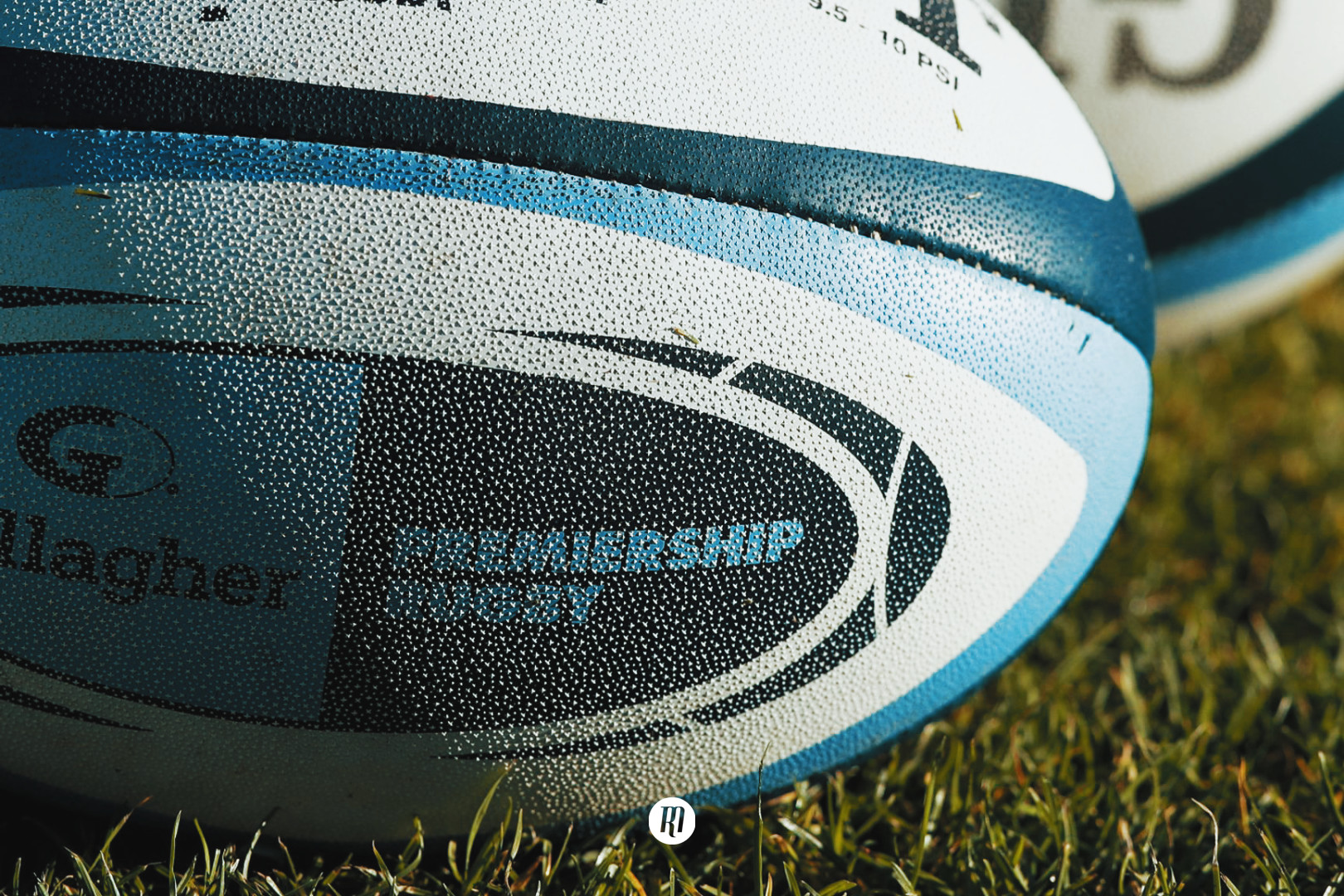Josef Schmidt: Ireland's Mastermind
Josef Schmidt is one of the great thinkers of the game, and his tactical acumen has guided Ireland to one of, if not their greatest period of history. Two Six Nations championships and their first ever victory over the All Blacks has surely cemented his place as the greatest coach Ireland have ever had.
Under the guidance of Joe Schmidt, Ireland have become genuine contenders for a World Cup, as well as being the first side since England’s all-conquering team of 2003 to beat all three leading Southern Hemisphere countries in a calendar year; 2016 being the first time in 111 years of trying that they overcame the All Blacks. Schmidt must therefore go down as one of, if not the greatest Ireland coach of all time.
Born and raised in New Zealand, and having trained as a school teacher, Schmidt’s first major move into coaching was with New Zealand Schools. From there, he moved from his teaching to take up a role as assistant coach at Bay of Plenty in 2003, before moving on to the Auckland Blues.
His stock was already rising within the game, and in 2007 he joined Vern Cotter at Clermont Auvergne as backs coach; it was here that he became renowned for his encouragement of attacking flair and sophisticated moves. After two second place finishes with Cotter and Schmidt at the helm, Clermont finally secured the Top14 title in 2010, beating Perpignan in the final - it was the club’s first victory in the final after eleven appearances. Despite this domestic success, Clermont failed to achieve anything of note in continental competition.
Come 2010, Michael Cheika had vacated his seat at Leinster for a job at State Français in the Top14; Schmidt would get his chance in a top job. By this point, Leinster were well on their way to establishing themselves as a European powerhouse, with victory in the 2009 European Cup Final followed by a Pro12 runner-up the following year.
Upon arriving at the club, Schmidt’s aim was to improve their passing and finishing skills. This was to pay off. Despite losing in the final of the Magners League in his inaugural year, he guided his side to consecutive Heineken Cup victories. His final year in charge saw the club win the European Challenge Cup as well as the Pro12.
Under Schmidt, Leinster scored an average of 2.52 tries per game, and were lauded for their attacking style and exciting brand of rugby. While this requires high calibre players, it takes a smart thinking coach to get the team running like a well oiled engine, and this is where Joe Schmidt comes into his own.
He is renowned for his extensive research and building varied but effective strategies. Some coaches pick their players and then choose their system, Schmidt on the other hand, chooses his system and then fits the players into it. Additionally, there needs to be trust between the players and coach: he trusts his players to perform their roles, and the players trust that he has given them the best strategy for beating the opposition.
Further to this, the players remain calm throughout the game, they don’t lose their heads and start chasing the game. They stick to their plan and see it through. On many occasions, this approach has ensured that despite a poor performance, his teams come away with the win. This was apparent in Ireland’s stuttering victory over Italy, as well as their execution, despite the losses of some of their most talismanic figures, of France at the World Cup in 2015.
His time at Leinster was an undoubted success; a 75% domestic win rate, and 85% on the continent put him firmly in the hot seat to replace the outgoing Declan Kidney for the top job: Ireland head coach.
A victory against Samoa in his opening match in charge was followed by a tough defeat against the Wallabies, however Schmidt would come close to breaking one of the great Irish records; at half-time in the following fixture, they were leading the All Blacks 19-0. A strong second half from New Zealand saw them storm back and win the game 24-22 - Ireland’s hurt would continue for a little longer.
Successive Six Nations victories would see Ireland rise to second in the world rankings, and heading into the 2015 World Cup, they were outside favourites to win the tournament. Heartbreak against Argentina in the quarter-finals would see the team crash out of the tournament and fail to break another bogey that hung over them: they had never made it past the quarter-finals.
Schmidt’s time in charge of Ireland however has shown his adaptability, and continuing improvement in his game plan and management. Top players have highlighted that even tough continental club fixtures are akin to easy internationals, and this is visible in the approach Ireland take to matches.
Over the course of a season at club level, mistakes become less costly. A good home record might offset slips away from home, and encourages a riskier strategy. When championships are decided over the course of just five games, each individual action becomes all the more important. While Ireland have retained some of the attacking flair that Schmidt’s Leinster team were renowned for, they are a much tighter outfit; he has refined his strategy for the greater pressure and expectation of the Ireland job.
He maintained the strong rolling maul that was so successful under Declan Kidney, and combined it with the power plays that he had masterminded at Leinster. Rugby is about creating space, and Schmidt is the master of misdirection. He lulls the opposition defence into a false sense of security, targeting the 10 over and over again, before spreading it wide into the created space. ‘Painting pictures,’ was how it was described by Kieran Marmion; each player works hard off the ball to create space for those around them, often running as decoys in order to open the game in another area that can be exploited.
Even so, for all of his attacking intent he is comfortable with foregoing possession for territory, often playing for position rather than unleashing the Ireland back line. They will push the opposition back into the corners and press them deep with aggressive defence, forcing the opposition into errors close to their own goal line.
At ruck time, they will aim to slow the ball down by getting over the top for the jackal and ensure that the opposition have to overcommit to a ruck, without overcommitting themselves. This sucks away the opposition’s width and allows Ireland to control them in tight confines.
This was clear when Ireland met the All Blacks in Chicago on 5th November 2016. It was a coaching masterclass; Ireland forced the All Blacks to play in tight, confining the game to the tight channels, and slowed down their ruck ball. Their work at the set piece kept New Zealand ruffled up front and ensured they never got a foothold on the game. They committed men to the tackle and constrained New Zealand’s offload game. Their rush defence was unexpected and New Zealand were flustered when in possession of the ball. After one hundred and eleven years of trying, Ireland finally overcame New Zealand 40 points to 29.
In short, they shut down New Zealand’s strengths and exploited their weaknesses, ending their 18 match winning run.
In spite of all Schmidt’s attacking philosophy, and while he has been perhaps more reserved in his approach since taking the Ireland job, there are growing undertones about how conservative he has become. Rugby at the highest level is about controlling as many of the known variables as you can, and that is what Joe Schmidt’s meticulous strategies set out to achieve. Like any system though, one that is too oppressive can constrain the creativity that might ultimately have got the team over the finish line. However, when the system works, and it invariably does under Schmidt, Ireland control the game and emerge as victors.
Rugby is a thinking man’s game, and there is no one who thinks as much as Josef Schmidt, rugby’s philosopher.

Filed under:
Six Nations, Tactics Handbook, Ireland
Written by: Edward Kerr
Follow: @edwardrkerr · @therugbymag




